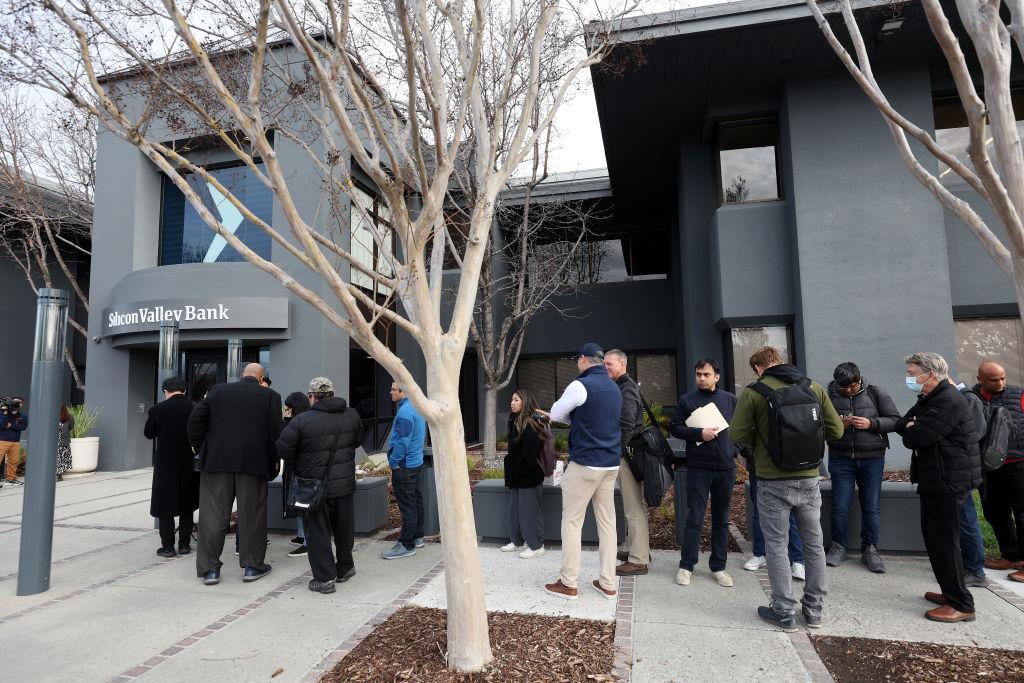Commentary
Last week, the federal government embarked on a disastrous path as regards banking and finance. Their actions guarantee a worsening of the problem, whether in the near term or down the line. These “emergency” actions have effectively created a moral hazard that could wreck the entire sector and the whole economy over time.





